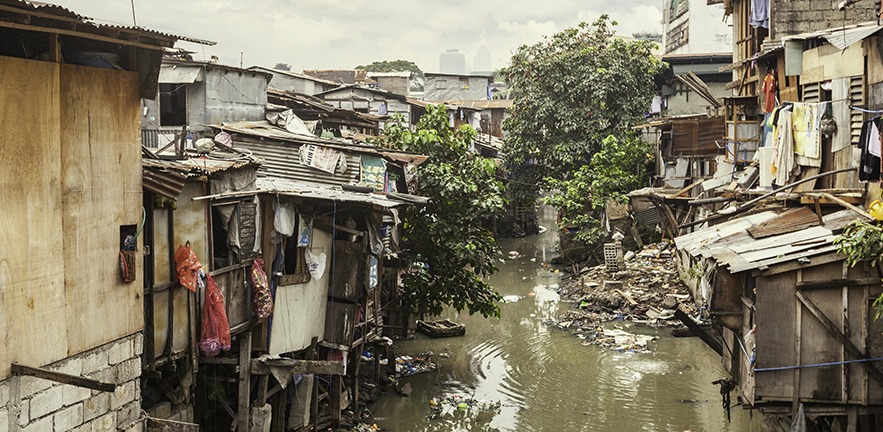Overview
The changing climate is going to affect us all. That’s why it’s important for all voices to be heard when developing the solutions to the problem, and all people to be considered when contemplating the impact of the crisis.

Protecting the most vulnerable
When considering policy changes and climate targets, it’s essential to consider the impact of these changes on society’s most vulnerable members.
Proposals to extend the EU Emission Trading System (ETS), for example, would help Europe achieve its climate goals, but vulnerable consumers would face proportionately higher costs for road transport and heating fuel.
Co-authored by Professor Michael Pollitt, a report prepared for the Centre on Regulation in Europe (CERRE) says it raises a “red flag” to policymakers on the need to address the distributional effects of any extension of the EU ETS.
The use of technology, such as artificial intelligence, should also be carefully considered to ensure any biases are removed.
Focusing on government-sponsored housing developed in Mumbai to house people living in slum dwellings as part of the Indian government’s poverty alleviation efforts, a study co-authored by Dr Kamiar Mohaddes developed a framework for using AI for better energy policy research in the Global South.
The authors of the study acknowledge that technology can be a force to achieve climate change mitigation and sustainability goals, but recognize that its welfare effects may be limited if the wants of society are not properly reflected in policy.
By applying probability values, the framework analysis helped identify several factors that policy-makers might address, including irregular billing, lack of open spaces for children to play, and new home appliances bought with borrowed money that increases household debt levels.
More from Cambridge Judge on poverty and equality
Insight
Climate targets
Extending EU Emissions Trading System to buildings and transport will require measures to protect the most vulnerable consumers, says report co-authored by Professor Michael Pollitt of Cambridge Judge Business School.
Insight
AI in energy policy
New paper co-authored by Dr Kamiar Mohaddes of Cambridge Judge Business School develops framework using artificial intelligence for better energy policy research in the Global South.



